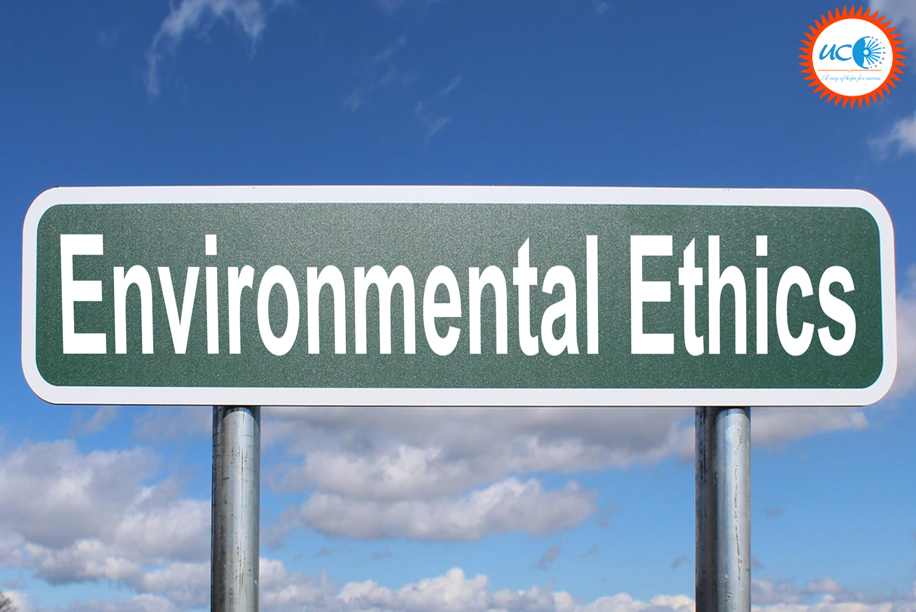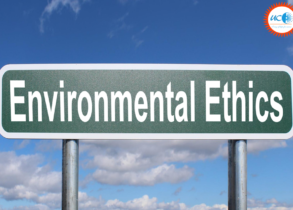Environmental ethics is about the moral relationship of human beings to, and also the value and moral status of, the environment and its non-human contents.
Approach:
- Briefly explain environmental ethics.
- State how its domain goes beyond humans and encompasses non-human components.
- Conclude appropriately.
Answer:
Environmental ethics is the branch of ethics that studies the moral and ethical aspects of the
relationship between humans and the natural environment. It focuses on the environmental
values and societal attitudes related to protecting and sustaining biodiversity and ecological
systems for the present as well as future generations.
The environmental ethics include both human and non-human content:
- Environmental ethics is all-inclusive and broadens the scope of ethical concerns to include non-living natural resources such as rivers, meadows, mountains, etc., in contrast to traditional ethics, which focuses primarily on human duties. • The intrinsic value of things, or the value of things as ends in themselves independent of whether they are also valuable as means to other ends, is included in environmental ethics in addition to the instrumental value of the natural environment. For example, the Whanganui River in New Zealand was given the status of a “legal person” with its own rights and values.For instance, a particular wild plant might be useful as a source of medicinal compounds or as an attractive object to observant humans. But the plant also has worth on its own, separate from any potential benefits to other goals like human health or the enjoyment of beauty.
- Environmental ethics contests the idea that humans are morally superior to other members of the earth’s species. It challenges the idea that nature created everything particularly for the benefit of man. Since environmental problems transcend human identities and country borders and require international collaboration and value consensus to address, environmental ethics is a universal concept. These include worries about issues like global warming and its effects, which have increased the number of environmental migrants, caused glaciers to melt, increased marine pollution, and caused islands to sink, among other things. In light of this, it is the obligation of the international community to stop the disappearance of islands in the Maldives and Tuvalu.
- This branch of ethics critiques consumerism accompanying modern capitalism and
anthropocentrism (human-centered point of view). It calls for a ‘green lifestyle’ that is
harmonious with nature and espouses an economic arrangement that is sustainable and
sensitive to nature’s limits.
Environmental ethics are deeply ingrained in Indian culture, where nature has always been respected for its contributions to humanity. Many environmentalists, including Baba Amte and Anna Hazare, as well as movements like the Narmada Bachao Andolan and the Chipko movement, have raised awareness about ecological balance and the preservation of nature. Living in peace with nature is crucial, as is implementing a sustainable development strategy that is advantageous to both people and the environment. Gandhiji was accurate when he said, “The world has enough for everyone’s needs, but not for everyone’s greed,” in this context.





